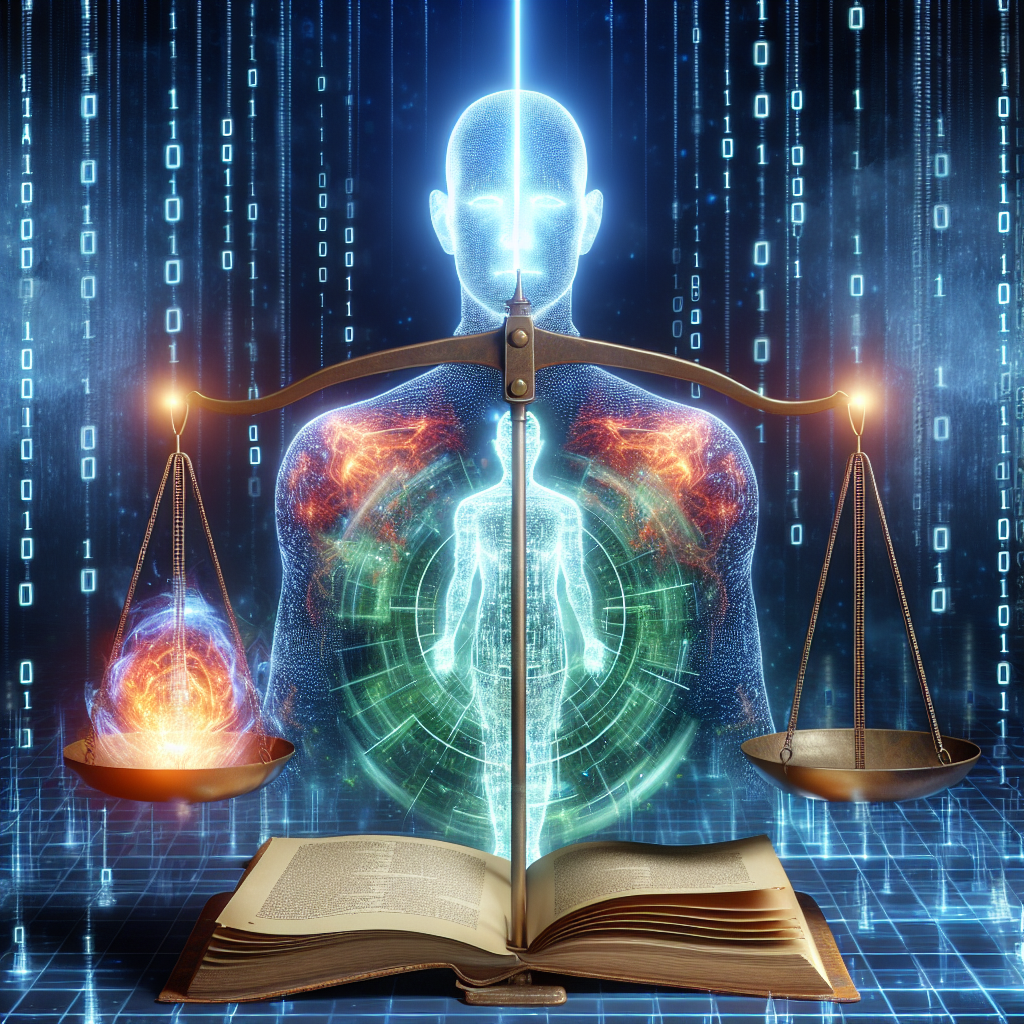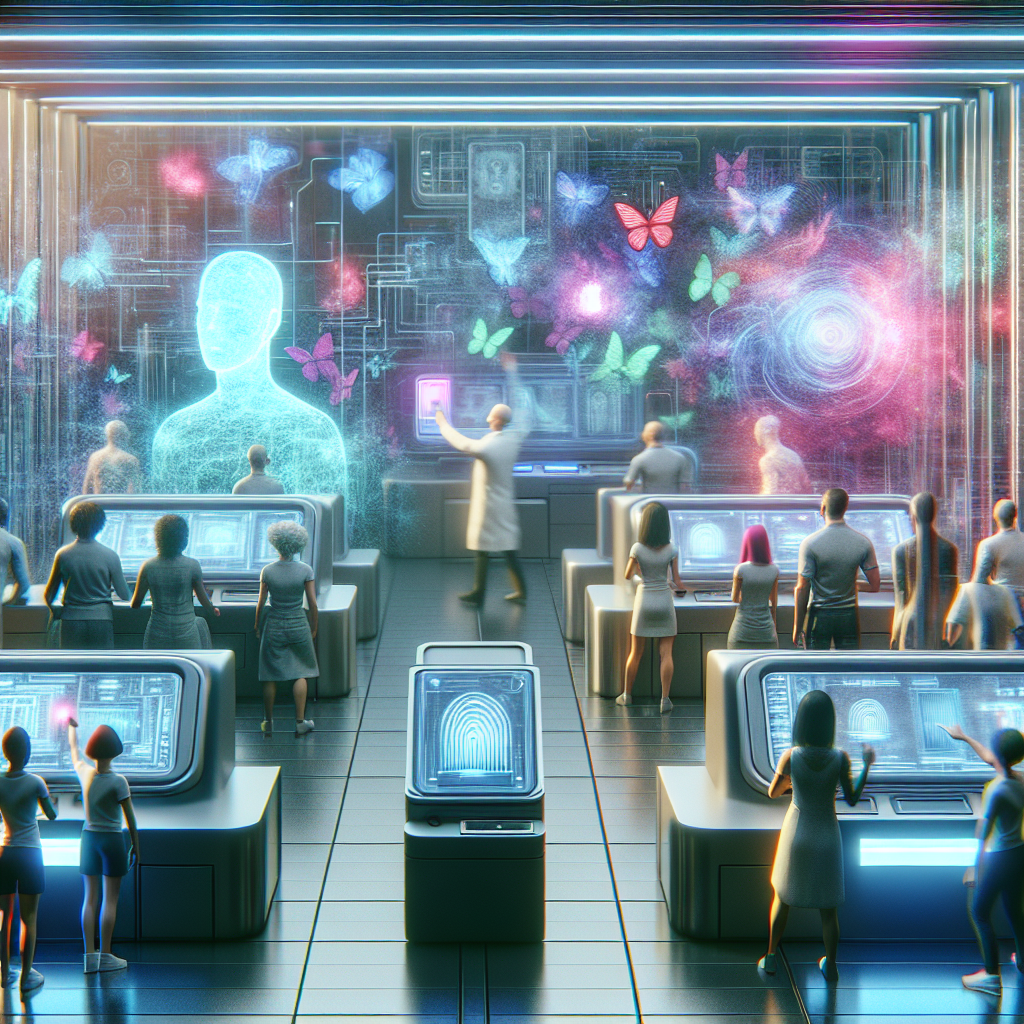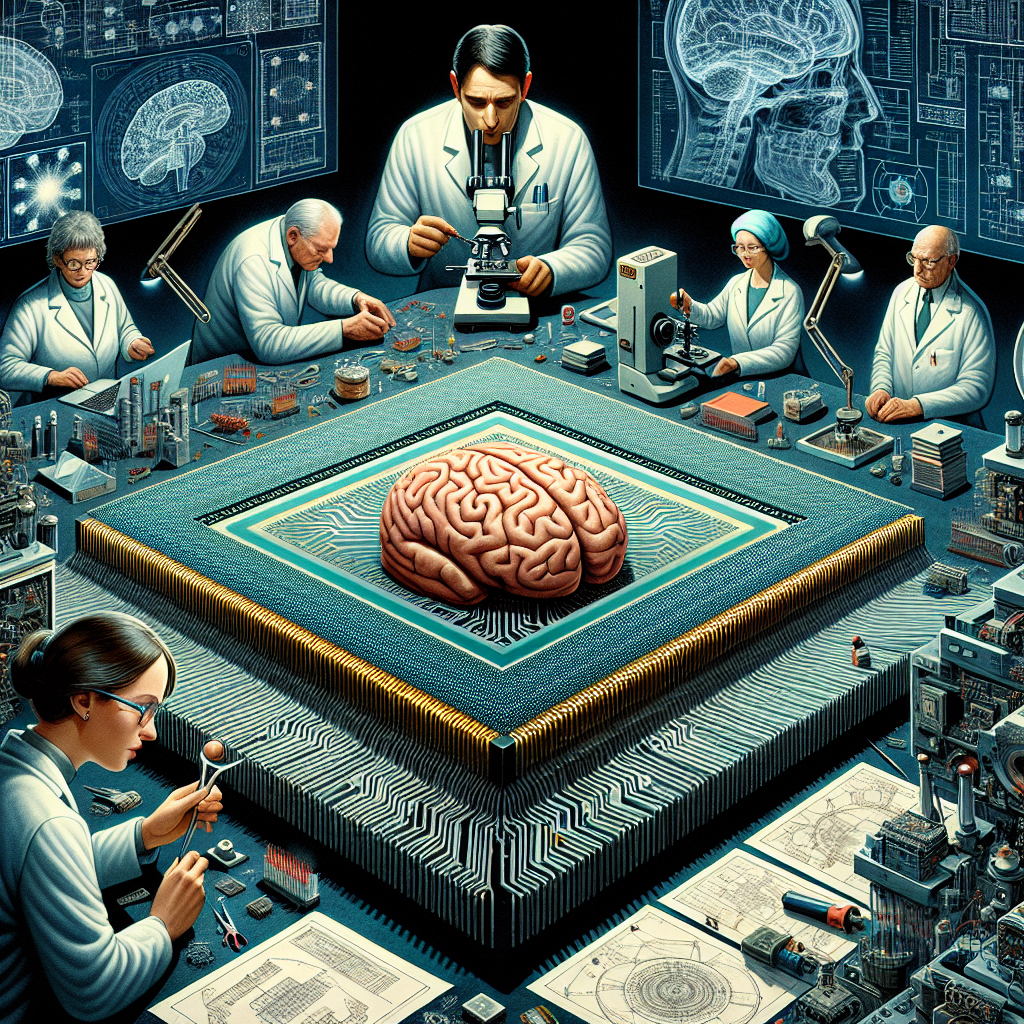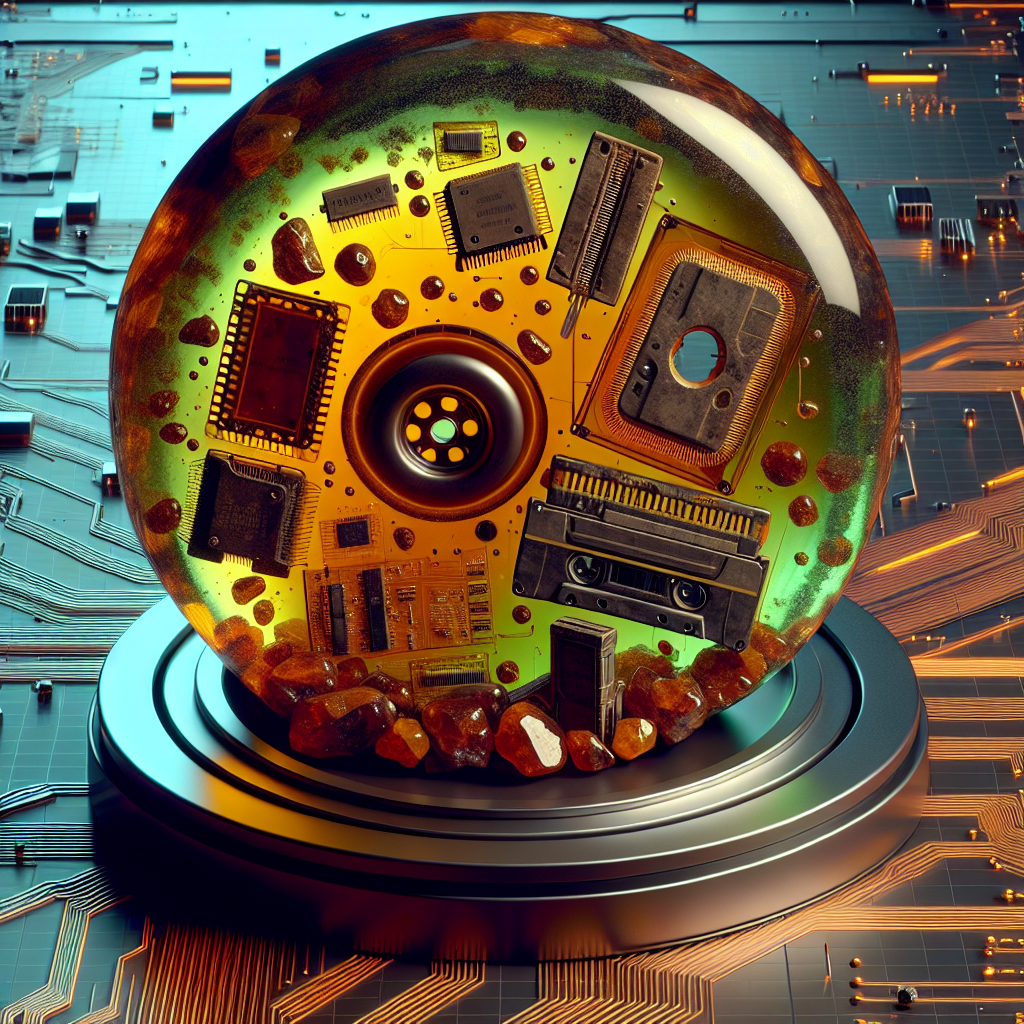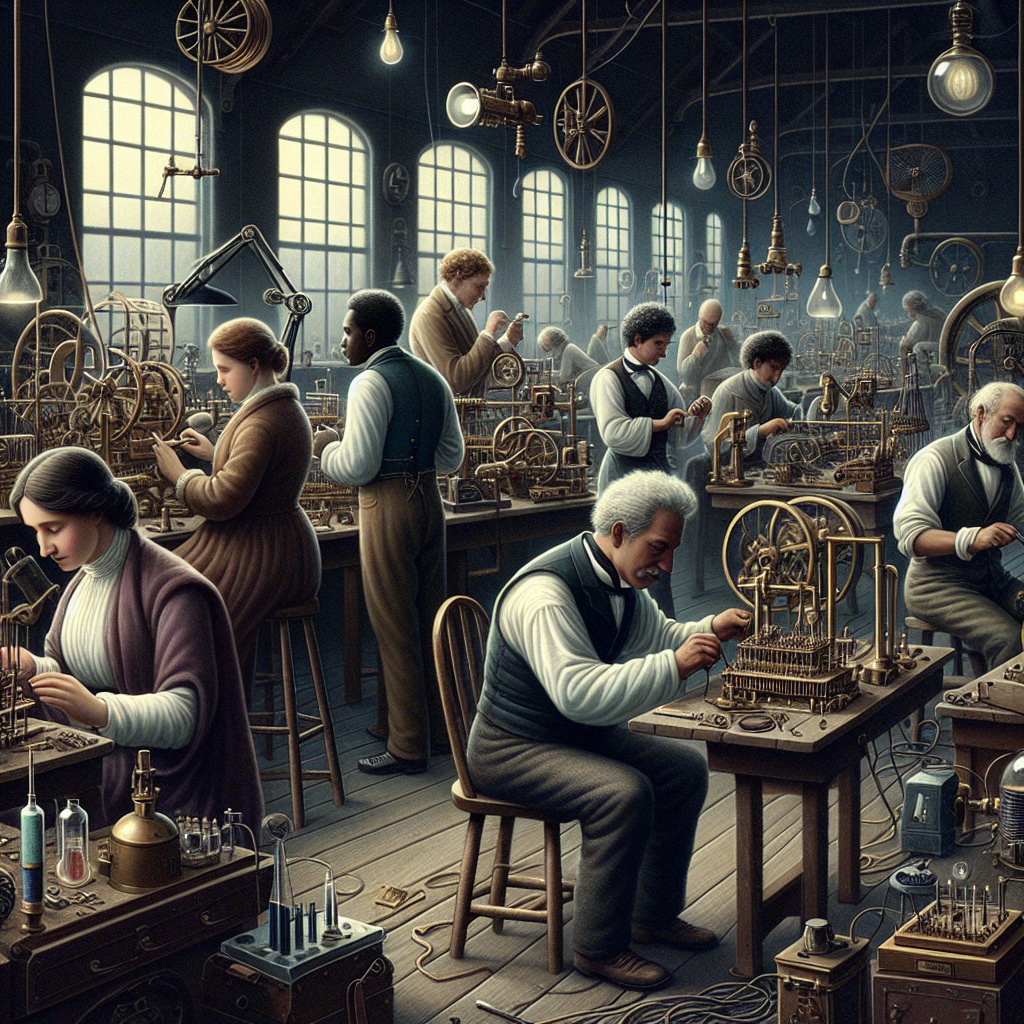For centuries, humans have dreamed of escaping death. From ancient alchemists seeking the elixir of life to modern scientists studying cellular aging, the desire to preserve consciousness has never waned. Today, that quest has taken a distinctly digital turn. The idea of “mind uploading”—transferring human consciousness into a computer—has moved from the realm of science fiction into the serious discussions of neuroscientists, futurists, and philosophers. But could we ever truly upload consciousness? And if we could, should we?
At first glance, the concept seems simple: map every neuron in the brain, record every connection and chemical signal, and then recreate that complex network inside a computer. In theory, the result would be a perfect digital copy of a person’s mind, capable of thinking, remembering, and perhaps even feeling. But the deeper one dives into this idea, the more complicated it becomes. The human brain is estimated to contain around 86 billion neurons, each linked by thousands of synapses, all firing in patterns that shift every millisecond. Capturing that in its entirety is not just a technical challenge—it’s a philosophical one.
The biggest question is: what exactly is consciousness? Scientists still can’t fully define it. Is it simply the sum of electrical impulses and data patterns, or something more—something tied to our biological existence? Even if we could replicate every neuron digitally, would that digital brain feel alive? Would it experience the world, or merely simulate the appearance of experience? This distinction matters profoundly, because if a digital consciousness isn’t truly aware, it’s not immortality—it’s imitation.
Ethically, the idea of uploading consciousness opens an entirely new frontier of moral dilemmas. For instance, if a copy of your mind is made, is it still you? If your biological body dies, but a digital version continues to think and speak in your voice, has your consciousness survived—or just been cloned? Philosophers like Derek Parfit have long debated this paradox, suggesting that identity may not be a single, continuous thread but rather a pattern that can be reproduced. Yet emotionally, few of us would be comforted by the idea that our copy—not our original self—is what persists.
Then comes the question of rights. If a digital consciousness claims to feel pain, should it be granted the same ethical protections as humans? Could “deleting” a digital person be considered murder? Some technologists have suggested that sentient AI could demand legal personhood, forcing society to rethink laws, property, and even citizenship. Imagine an afterlife not in heaven, but in the servers of a tech company. Who would own those minds? Who would control them? The idea that corporations might one day host—or manipulate—human consciousness raises chilling possibilities about digital slavery and exploitation.
There’s also the psychological cost of immortality. If your mind could live forever in a simulated world, would you still find meaning in existence? Philosophers warn that eternal consciousness could lead to unbearable stagnation. Our humanity, after all, is defined not only by memory and thought but also by mortality. Knowing that life ends gives urgency to every decision, beauty to every moment. Without that limitation, would emotion itself fade?
Despite the ethical and philosophical hurdles, research into brain mapping and neural emulation continues. Projects like the Human Connectome and advances in brain-computer interfaces hint at a future where increasingly detailed models of the brain could exist. Some even speculate that partial uploading—preserving memories or personality traits digitally—might become possible within a century. Yet even the most optimistic scientists admit that full consciousness uploading remains speculative. We don’t yet understand the code of the mind well enough to rewrite it.
Ultimately, the dream of digital immortality forces humanity to confront a profound question: do we seek to preserve life, or to conquer death? The allure of living forever in a machine is undeniable, but so is the risk of losing what makes us human. Until we can truly define consciousness—not just replicate its appearance—uploading the mind will remain less an act of science and more an exploration of what it means to be.
